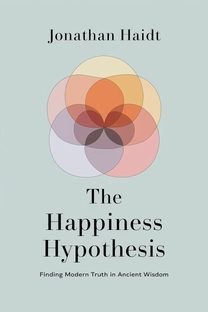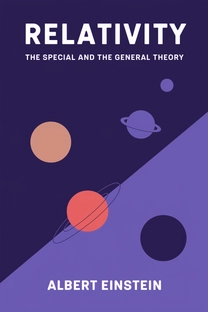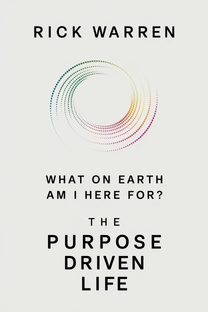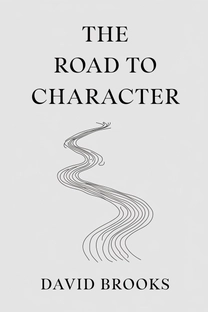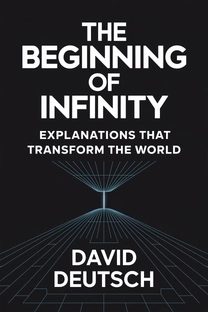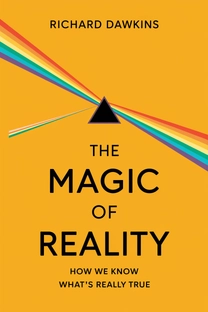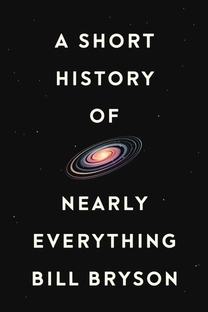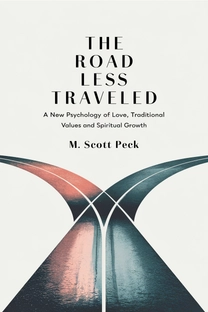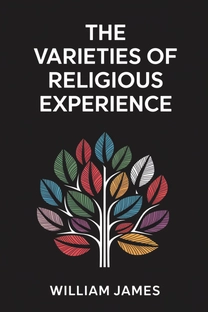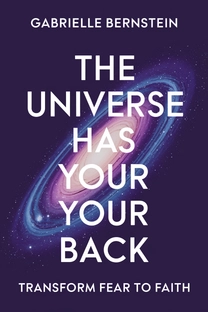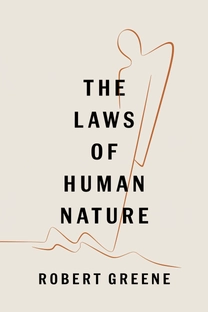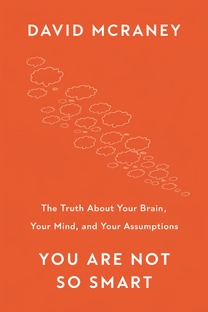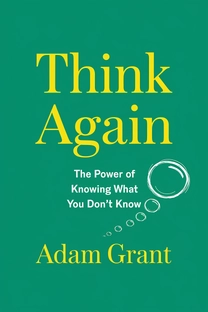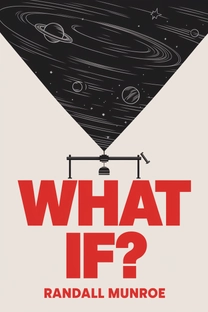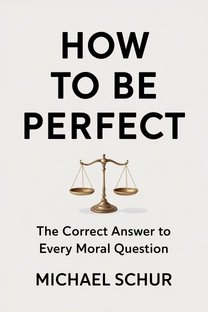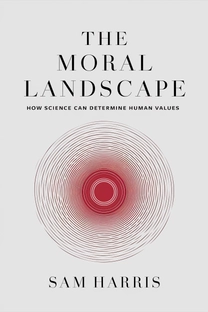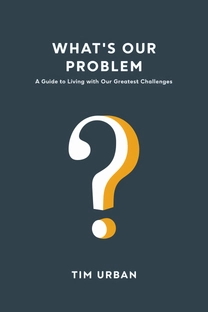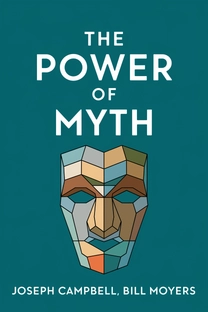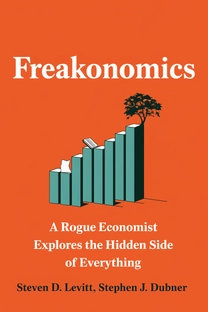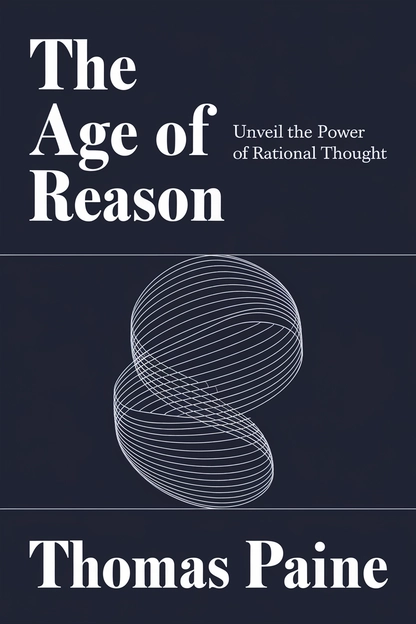
The Age of Reason
Unveil the Power of Rational Thought
by Thomas Paine
Brief overview
This book questions traditional religious assumptions and focuses on reason as the centerpiece of genuine faith. It argues that beliefs should rest on personal conscience instead of relying on blind acceptance of miracles or sacred texts. By emphasizing a direct appreciation of nature and moral intuition, it challenges readers to explore spirituality through the lens of logic rather than doctrine.
Introduction
Imagine a world where personal reflection takes priority over rigid tradition. This opening sets up the idea that each individual has the capacity to use reason to discover what is meaningful. Rather than rejecting faith, it proposes a thoughtful grounding of belief in observation, ethics, and personal conscience.
The book invites readers to examine how deeply held religious claims can conceal the real essence of moral duty. It questions whether inherited doctrines truly help us understand the Creator or if they lead us down emotional pathways at odds with sound judgment.
This introduction assures us that reason need not destroy faith; instead, it can transform dogma into genuine spiritual practice. By clearing away superstition, we can make room for a more direct, uplifting engagement with the moral dimensions of life.
Reason as a Guiding Light
The author insists that our natural ability to reason is the best tool for understanding the world. Instead of accepting ideas simply because they come from ancient authorities, we can test them through evidence and consistency.
Here, reason is presented as not only a cognitive skill but a moral imperative. By using sound arguments, we reflect a respect for ourselves and for the Creator who endowed us with critical thinking. This perspective fosters personal integrity.
The guiding principle is: if a belief stands up to rational scrutiny, it can be accepted; if not, it may be set aside. In this way, reason enables us to sift through claims and traditions, preserving what truly elevates the human spirit.
What is The Age of Reason about?
"The Age of Reason" by Thomas Paine masterfully articulates a pivotal argument for embracing rational thought as a foundation of faith, challenging traditional religious frameworks in favor of personal conscience and logical exploration. Within its pages, the book instills a profound respect for reason as a guiding principle, advocating that belief structures ought to be scrutinized and affirmed through observation, science, and innate moral intuition.
By questioning established doctrines and championing nature as a beacon of truth, Paine's work elevates the discourse on spirituality to one that thrives on evidence rather than mere anecdote or lore. Acknowledging the capacity of reason to coexist with spiritual pursuits, the book invites readers to embark on a contemplative journey, transforming dogmas into meaningful practices grounded in internal reflection and ethical living.
A generational touchpoint, "The Age of Reason" continues to resonate by underscoring the significance of intellectual liberty, advocating for a spiritual awakening that relies not on fear or myth, but on a solid understanding of the universe's order and the moral directives that flow naturally from our shared humanity.
Review of The Age of Reason
Thomas Paine's "The Age of Reason" stands as a dazzling testament to the power of rational inquiry within spiritual exploration. Among its many strengths, the book's resolute embrace of logic as a tool to navigate faith provides a refreshing departure from unquestioned traditional beliefs. This attribute alone makes the book highly relevant in fostering an era where reason triumphs over dogma.
In practical terms, Paine's arguments invite readers to dissect the assumptions behind miracles and question religious tenets that conflict with evidence-based understanding. As an advocate for cultural progress, the narrative proposes ensuring ethical frameworks are derived from personal conscience and observable natural laws, rather than dictated creed and enforced orthodoxy.
Paine's writing style strikes a delicate balance, marrying clarity with profound insight, making the text not just accessible to a wide audience but deeply engaging. Its conversational tone speaks directly to scholars of faith, seekers of moral truths, and anyone grappling with reconciling age-old dogmas with contemporary reasoning—all while maintaining a professional register sure to provoke meaningful reflection.
With its clarion call for intellectual liberty and understanding as the cornerstone of spiritual enlightenment, I stand by recommending "The Age of Reason" to both the critically thoughtful and the spiritually curious, promising a lasting impact on one's interpretive journey.
Who should read The Age of Reason?
- **Philosophical Thinkers:** Those who enjoy dissecting belief systems and exploring how principles of logic interact with faith-derived concepts will find valuable insights in this work, which encourages critical reflection over passive acceptance.
- **Modern Theologians:** Scholars and religious leaders looking to understand or teach the foundational relationship between reason and faith will appreciate the book's rich intellectual landscape, offering tools for balanced spiritual discourse.
- **Spiritual Seekers:** Individuals searching for a deeper connection with spirituality who find traditional dogma lacking will love the book's emphasis on moral intuition and personal conscience as gateways to authentic faith.
- **Educators and Academics:** Professionals engaging in the growth of critical thinking among students will find this text an inspirational resource for discussions around faith, ethics, and reason.
- **Complex Thinkers:** Those who routinely question the status quos and strive for a comprehensive understanding of life will connect with Paine's methodology in probing the intersection of belief and rationality.
About the author
Book summaries like The Age of Reason
Why readers love Mindleap
10-Minute Book Insights
Get the core ideas from the world's best books in just 10 minutes of reading or listening.
Curated For You
Discover your next favorite book with personalized recommendations based on your interests.
AI Book ExpertNew
Chat with our AI to help find the best book for you and your goals.
Reviews of MindLeap
Love how I can get the key ideas from books in just 15 minutes! Perfect for my busy schedule and helps me decide which books to read in full.
Alex R.
The summaries are incredibly well-written and the audio feature is perfect for my commute. Such a time-saver!
Jessica M.
Great app for personal growth. The insights are clear and actionable, and I love how they capture the essence of each book.
Chris P.
The app is beautifully designed and the summaries are top-notch. Definitely worth every penny!
Sarah K.


